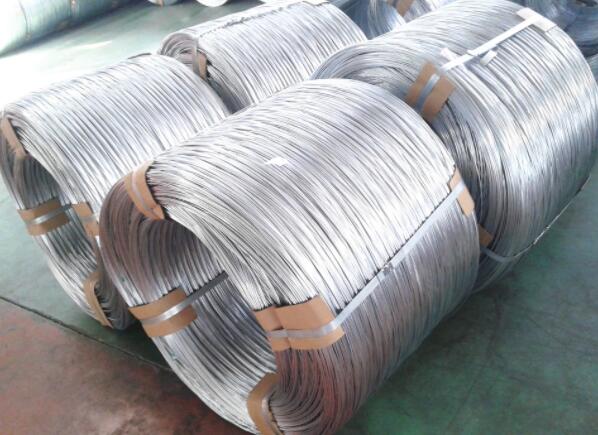Understanding Different Types of Construction Nails A Comprehensive Guide
When it comes to construction, nails are a fundamental component that ensures stability and durability in structures. They come in various types, each designed for specific applications and materials. Understanding the differences among these nails can significantly impact the quality and longevity of a project. This article will explore the different types of construction nails, their uses, and characteristics.
1. Common Nails
Common nails are the most widely used type of nail in wood construction. They typically range from 2 to 16 inches in length and have a thick body, making them ideal for framing, constructing walls, and other general carpentry tasks. They come with a flat head, which allows for easy driving and a tight finish. Due to their strength, common nails can bear heavy loads, making them suitable for structural work.
2. Finishing Nails
Finishing nails are thinner and have smaller heads than common nails, allowing them to be used in applications where aesthetics are essential. These nails are perfect for attaching trim, molding, and cabinets without leaving large holes. They are generally used in woodworking projects where a neater appearance is required. Finishing nails come in various sizes and can be driven in manually or with a nail gun.
Framing nails are designed specifically for use with nail guns and are common in large construction projects. They are thicker than finishing nails and have a larger head, which prevents them from pulling through the wood. Framing nails typically range in length from 2 to 4 inches and are used for structural framing, sheathing, and attaching plywood or OSB to framing members. The use of framing nails significantly speeds up the construction process while maintaining strength.
4. Roofing Nails
different types of construction nails

Roofing nails are distinguished by their long, thin shafts and wide, flat heads, which help secure roofing materials. They are often coated to resist corrosion and are designed to withstand exposure to the elements. These nails typically hold shingles, felt, and other roofing materials in place, ensuring a watertight seal for roofs. The specific design of roofing nails helps prevent leaks and other water-related issues.
5. Annular Ring Nails
Annular ring nails are characterized by their ridges, or rings, that run along the shaft. These ridges provide increased holding power, making them ideal for applications demanding robust fastening, such as in decking and fencing. The grooves allow the nail to grip the wood better, reducing the likelihood of the nail loosening over time.
6. Spiral Shank Nails
Similar to annular ring nails, spiral shank nails are designed with a spiral pattern around the shaft. This design further enhances their holding power, making them particularly useful in construction applications such as flooring and decking. Spiral shank nails are often used in situations where vibration or movement might otherwise cause a nail to loosen.
7. Specialty Nails
Beyond the standard types, there are numerous specialty nails tailored for specific tasks. For instance, concrete nails are designed to penetrate masonry and concrete, while cut nails offer a vintage look and are often used in restoration projects. There are also landscape nails designed to suppress weeds in gardens and wooden stakes. Each type serves a unique purpose in construction and landscaping.
Conclusion
Selecting the right nail for each construction project is critical for achieving the desired strength, durability, and appearance. From common and finishing nails to specialized options like roofing and spiral shank nails, understanding the characteristics and applications of each type can lead to better construction results. As you embark on your next project, remember the importance of choosing the correct nail and how it can influence the overall integrity and success of your work. With the right fasteners, you will not only enhance the quality of your builds but also ensure their longevity for years to come.

















